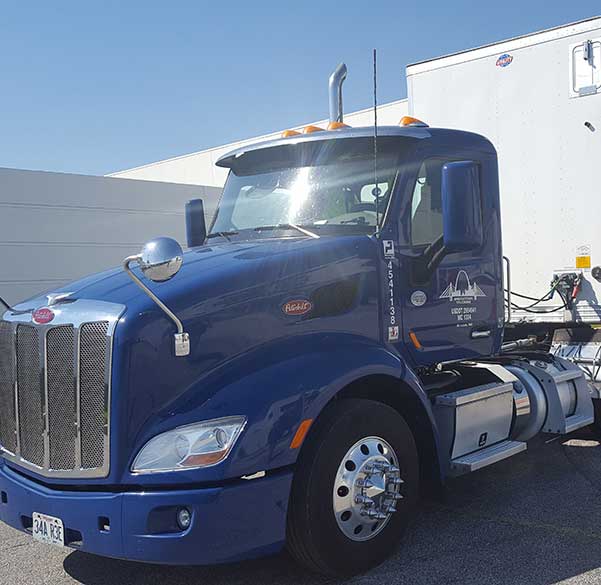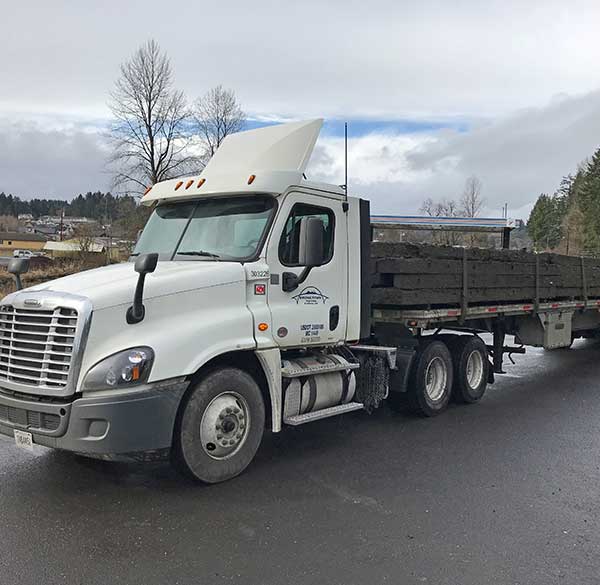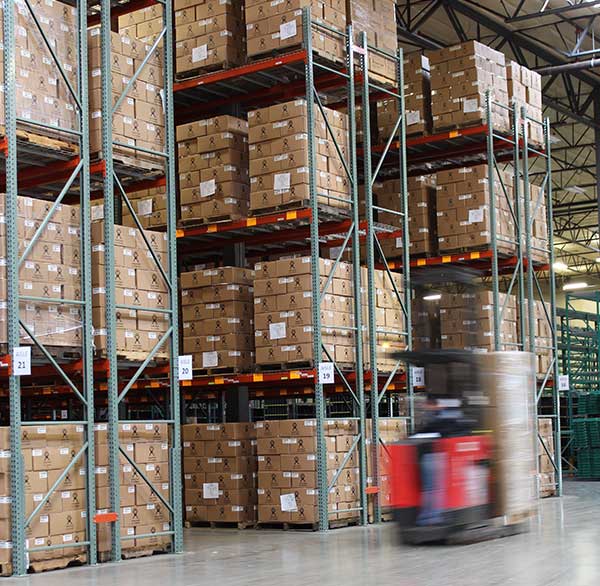In 2022, an analysis conducted by the U.S. Bureau of Labor Statistics (BLS), firmly placed a spotlight on the transportation and warehousing industries as pivotal contributors to the fastest-growing economic sectors anticipated for the next decade. The employment projections through 2032 underscored the significance of these sectors in shaping the overall employment landscape, making them critical players in the ever-evolving economic scenario.
At the time, the BLS forecasted a substantial addition of approximately 4.7 million jobs to the U.S. economy over the coming decade, reaching a comprehensive total employment level of 169.1 million by 2032. While sectors like healthcare and social assistance (along with professional, scientific, and technical services) are expected to witness significant gains, the outlook for retail trade and manufacturing suggests a potential decline in job opportunities.
Amid the projections, retail trade and manufacturing emerged as areas with slower growth, with a modest 2.8% increase in total employment expected during the decade. The BLS attributes this deceleration to the rapid growth of the digital economy, affecting various industries differently. Notably, the transportation and warehousing sectors are anticipated to be among the top five fastest-growing sectors, driven by the surge in e-commerce activities.
With that in mind, the rise of e-commerce has become a transformative (and somewhat divisive) force in shaping employment trends. While driving job growth in logistics-related industries, the shift toward online shopping has limited employment growth in traditional retail trade. However, the demand for transportation and warehousing services, fueled by the exponential rise in online shopping practices, is expected to be a major contributor to job creation in these sectors.
Recent statistics shed light on the dynamic nature of supply chain employment. In the past 30 days, LinkedIn has listed a staggering 138,209 supply chain requisitions, said Shannon Gabriel, VP of Leadership Solutions Practice at TBM Consulting. This indicates a robust demand for talent in this field, with trucking, water, and rail transportation jobs showing resilience. She went on to say, “The demand to hire remains strong. The war on talent can cripple the number we are expecting each month, but that doesn’t equate to it being negative.”
While the employment landscape is undergoing a transformative shift, the BLS notes that the logistics field is poised for solid job growth. This highlights the importance of adapting to the changing dynamics of the market, presenting both challenges and opportunities for individuals and businesses alike.
As we navigate the employment landscape of the next decade, transportation and warehousing emerge as key contributors to job growth. Bridgetown Trucking, with its commitment to excellence in transportation and warehousing, aligns seamlessly with the evolving needs of the industry. We as a company remain dedicated to providing reliable and comprehensive trucking services, positioning ourselves as a vital player in the vibrant landscape of the logistics sector. The current demand for supply chain professionals underscores the critical role of these sectors in driving economic growth and resilience.









